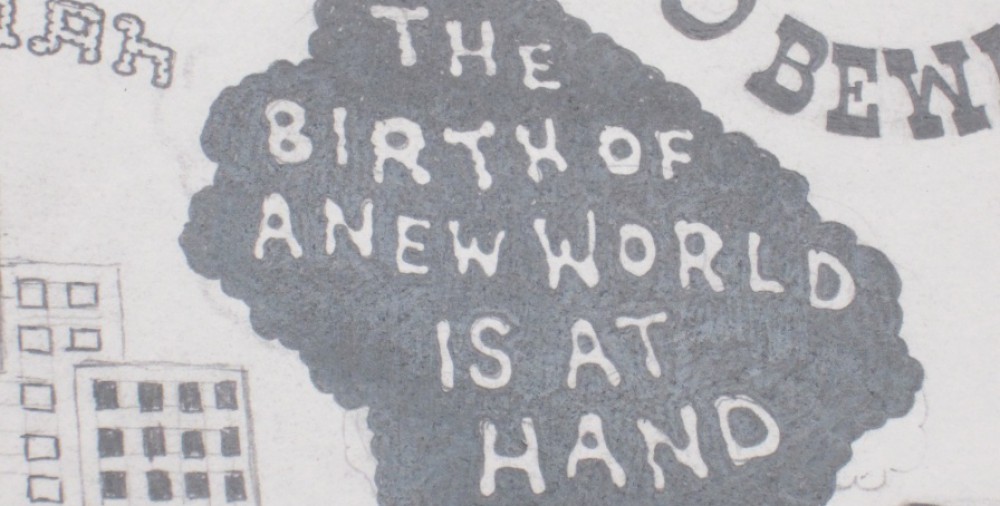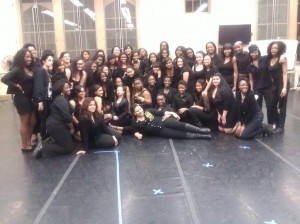The Ones Who Walk Away from Omelas
The story hooked me from the get go. It painted a very bright picture of what a perfect society would be and then it crashes you down to give you a perspective of what reality is like. Almost waking you up from a daydream.
“Do you believe? Do you accept the festival, the city, the joy? No? Then let me describe one more thing.” (Le Guin 4)
The part about the deformed child being hidden away from society really struck me down when reading the story. The narrator talks about the child not even being considered human to the people in Omelas. It almost gave me a feeling of the child being something of a special attraction where people would pay just to see this thing and find some form of sadist entertainment. Their world was so perfect that something considered ugly to them was not accepted, and they had hide it before their [i]perfect[/i] children see it and it burns their eyes. Through this part of the story I reflected back the beginning of the story where the narrator talks about Omelas, and this festival that’s going on, and the children playing, and he describes the adults as simple, but mature and intelligent. I put the pieces together, that not only was he visualizing, but he was telling us about his Utopia of what Omelas should be. Throughout the story he’s adding pieces to this core of fantasy that he calls Omelas. He even uses questions to ask the reader what he thinks should go where. Almost like putting together a puzzle:
“How describe the citizens of Omelas?” (Le Guin 1)
“For instance, how about technology?” (Le Guin 2)
“But what else should there be?” (Le Guin 3)
“What else, what else belongs in this joyous city?” (Le Guin 4)
I don’t know why but I found it interesting. In the end the narrator talks about men, women, and children who saw this “thing” would be so disturbed that they would walk far away from Omelas and never seen again. Le Guin uses great adjectives and a great amount of imagery to drive me in and then toward the middle of the story paint a dark picture of reality.
The Day Before the Revolution
Laia going through the pains from the loss of her husband, Taviri. Is now an elderly woman living in a home filled with others who are starting this “revolution”. Le Guin uses imagery and comparison of Laia’s past to connect to the present where she’s looking at the much younger people living in the same house as her planning out some kind of revolution. I read through the story a few times and all I kept paying attention to was her connection to her husband who passed rather than her connecting her past to the present.
“”Taviri, I have never forgotten about you!” she whispered, and the stupidity of it had brought her back to morning light and the rumpled bed. Of course she hadn’t forgotten him. These things go without saying between husband and wife.” (Le Guin 4)
She talks about a younger fair colored man named, Noi. Who makes it known she’s had sexual relationships with and has awkward conversations with, and still can’t let go of her dead husband. Her old age, and her stroke, catches up with her in the end while she’s going downstairs and still has no choice but to accept her pending death. As a sort of way of finally letting go and seeing her husband.





